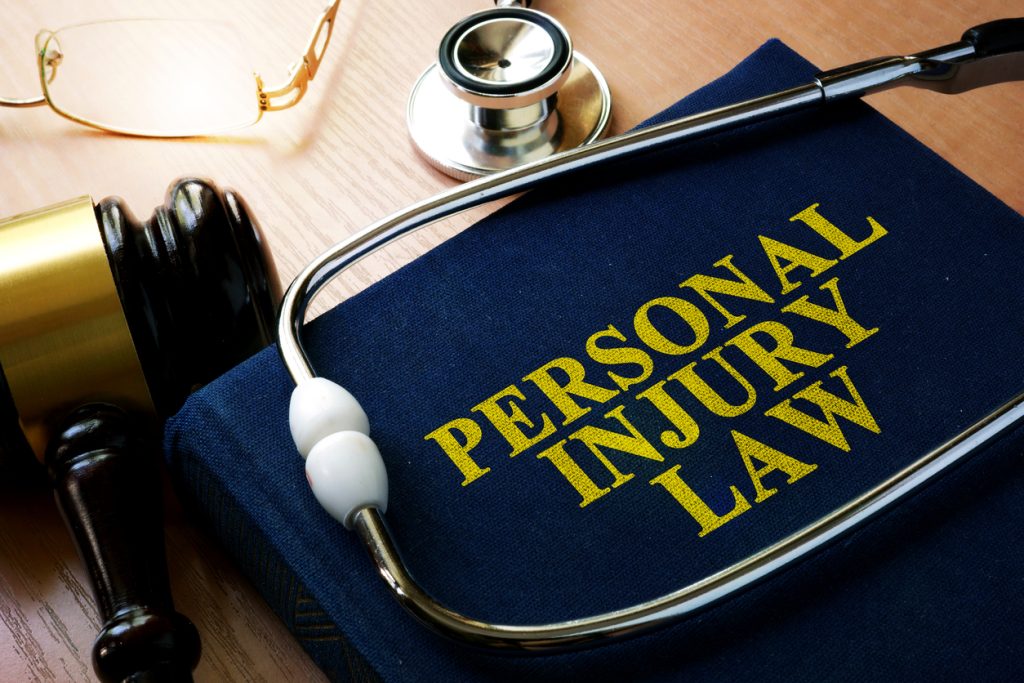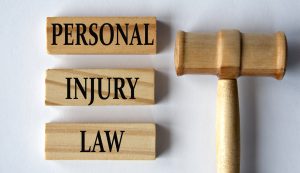Living with a disability is a major challenge that can come with life-changing consequences. It’s easy to be frustrated by your disability, especially when it was caused by an accident that could have been prevented. There are many situations where another person or party may act with negligence in such a way that an accident occurs which leaves you with a debilitating temporary or permanent disability. If this has occurred to you and you believe that you can recoup compensation for what occurred, you shouldn’t hesitate to reach out to a personal injury lawyer. Learn everything you need to know about the common disabilities eligible for benefits along with the legal process to expect if this is the route you choose to take.
Understanding Personal Injury Claims for Disabilities
For those unfamiliar with personal injury law, what qualifies as personal injury is any situation where one party accidentally injures another physically, mentally, or emotionally through their negligent actions. Car accidents, workplace injuries, and medical malpractice are among the most common examples, but the breadth of personal injury lawsuits can reach far beyond these cases. In any type of personal injury case, it’s possible that the resulting injuries are severe enough that they leave you with long-term if not permanent, disabilities.
In this situation, you may need to pursue special types of damages. There are personal injury claims for temporary injuries and there are claims for long-term or permanent disabilities, and suing for the right type will ensure you get the compensation you deserve. Keep in mind, though, that you will need to provide a preponderance of evidence that demonstrates the other party acted with such negligence that they breached their duty of care to you and caused the injury. This is why hiring a personal injury lawyer will be crucial.
Determining Liability in Disability-Related Personal Injury Cases
Determining liability in any personal injury case is a challenge, but it is particularly difficult in disability-related cases. To defend your case, as mentioned, you will need to show that the other party acted with negligence. However, proving negligence to insurance or the court requires proving four things in particular:
- Duty of Care: First and foremost, it must be shown that the other party had a duty of care to you to act in such a manner that they would prevent injury from occurring.
- Breach of Duty of Care: Second, it must be shown that the party who had the duty of care did indeed breach their duty of care through negligent actions.
- Causation: Third, it must be shown that the breach of duty of care directly led to the accident that caused the injuries that resulted in your long-term disability.
- Damages: Finally, it must be shown that the damages you are suing for are justified based upon the injuries you suffered.
The way in which all of the above tends to be proven is with the help of witness testimonies, medical records, and other forms of evidence that support negligence claims.
Types of Compensation in Disability Personal Injury Claims
As with any other personal injury case, there are a few different types of damages you can consider filing for. The three most common types of damages seen in personal injury cases include:
- Economic damages: These are medical expenses, lost wages, rehabilitation costs, and future care that have a direct monetary impact.
- Non-economic damages: These are non-monetary expenses like pain and suffering, emotional distress, loss of quality of life, and mental anguish.
- Punitive damages: These only come into play in certain cases and are meant to punish the defendant, with examples being fines, which are used when the defendant’s actions are especially reckless or malicious.
Compensation will be calculated by taking into account the evidence that you presented earlier. For example, medical experts who can attest to the cost of your injuries in addition to psychologists and physical therapists who can attest to future medical costs may be relied on.
The Legal Process for Filing a Personal Injury Claim for Disability
Filing a suit for a personal injury that caused your long-term disability is not dissimilar to filing any other personal injury lawsuit. The step-by-step journey when filing a lawsuit you can expect is as follows:
- Consult with a personal injury attorney: Having proper legal guidance will be the difference between winning and not winning a case as a lawyer can assist you with the nuances of personal injury law.
- Filing a claim: The paperwork and documentation that is required to be filed will come next, including medical records and accident reports that a lawyer can help you sift through.
- Negotiations and settlement: Once everything has been submitted, both parties will begin negotiating and examining the evidence and, if it’s called for, settlement may occur at this point with one party being paid out.
- Trial: If the case goes to court, full-scale litigation will occur which will encompass in-depth discovery which involves gathering evidence, calling witnesses, and more in order to convince a jury that your case is justified.
The Role of a Personal Injury Lawyer in Disability Cases
As mentioned, you should always hire a personal injury lawyer to help you with your case. Even if you feel fairly certain of the facts yourself, a personal injury lawyer will be able to help you navigate the legal process of pursuing a disability claim. This means they will help you gather evidence, negotiate settlements, speak with the court, and more. Attorneys, particularly those with experience in personal injury law, can utilize their experience to maximize your compensation. This helps to ensure that your long-term needs, such as medical care and rehabilitation, are met swiftly. Always consider a lawyer’s previous experience with disability claims and their successful outcomes when choosing the lawyer you want to partner with.
The importance of legal support for disability claims
Nobody wants to be injured in an accident, especially when it leaves them with a debilitating injury for years to come. However, when someone has acted negligently and caused that accident that injured you, there’s no need to accept the financial hole it will create. Seek out legal assistance as early as possible to ensure you receive appropriate compensation for your long-term care needs in order to benefit your overall quality of life.





















